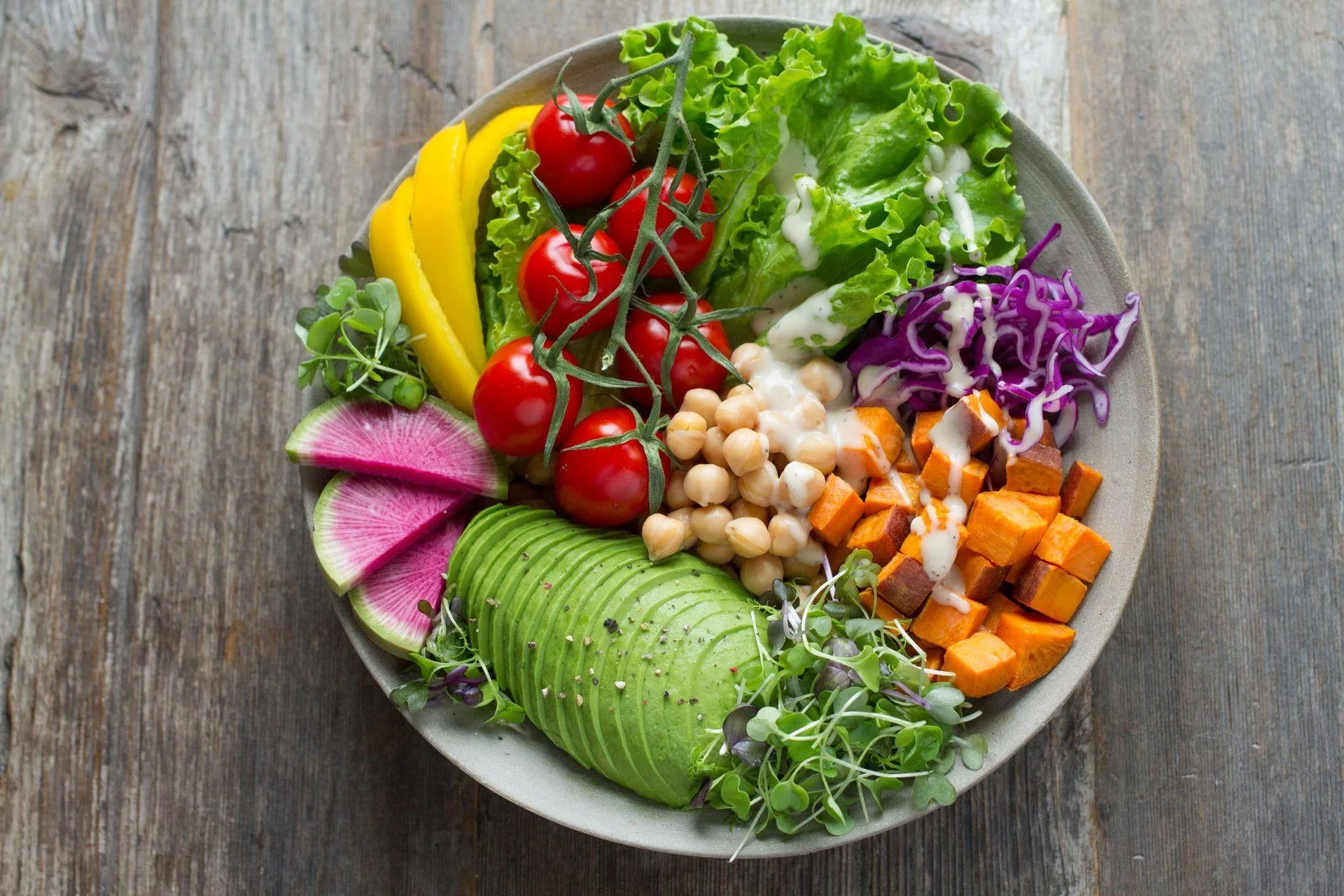Some people seem to possess the superpower of having their cake and eating it, too. They can indulge here and there, skip a workout, and still have endless energy and an enviable physique. But it can feel like you’ve taken 10 steps back whenever you slip up.
One Element Of Health They May Possess Is High Metabolism
The level of chemical reactions within cells plays a role in a person’s weight. People have been shown to be born with higher or lower metabolic rates, and many other factors can affect these—such as body type, age, gender, height, and weight. Plugging these numbers into a Basal Metabolic Rate (BMR) calculator can estimate the amount of energy expended while at rest.
While genetics plays a large role, you can utilize many healthy lifestyle practices to naturally support your metabolism.

Photo by Anna Pelzer on Unsplash
Natural Ways To Support Metabolism
Know What To Eat—and When
Every person has different dietary needs, and you know your body best.
A general truth is that larger meals tend to slow your metabolism down—so consider breaking up breakfast, lunch, and dinner with smart, satisfying snacks, like whole fruits and vegetables, hummus, nuts, and yogurt. Drink a full glass of water 15 minutes before sitting down for your largest meal of the day. This will help your stomach signal to your brain that nutrition is incoming.
Studies also show a positive correlation between intermittent fasting and metabolism. You don’t need to avoid food for 16-plus hours a day. Instead, simply commit to less late-night eating to give your stomach a break. But whatever you do, avoid fad diets that go to the extreme with caloric restrictions, which may exacerbate issues far beyond metabolism.
Supplement Your Routine
Certain supplements or metabolism support may offer the extra help you need to shore up nutritional deficiencies, support a healthy metabolism, and increase energy. Research companies and consult your trusted physician to ensure the supplements you purchase are high-quality, science-backed, and made with the ingredients the label says they contain.
If you need a quick pick-me-up, skip out on energy drinks. They’re often filled with artificial ingredients and may cause sleep issues, which have been shown to negatively impact metabolism. Instead, reach for black or lightly sweetened coffee. Enjoy your brew before 2:00 p.m. to avoid energizing your evening routine.
Aerobic Intensity For Short-Term Wins
Exercise is a win-win for whole-body health. Aerobic activity in particular increases metabolism by around 30 minutes to an hour after exercising. But you don’t need to run endlessly on a treadmill to get your heart pumping.

Photo by Artem Beliaikin from Pexels
Here Are A Few Fun Ways To Moderately Increase Your Heart Rate:
- Practice a fast-paced sport you enjoy, such as tennis or hockey
- Sign up for a high-intensity interval training (HIIT) or Zumba class with friends
- Take dance lessons
- Swap your car for a bike where feasible
Increase Muscle Mass For Long-Term Gains
Muscles are the foundation of your metabolic rate. On the opposite end of cardiovascular exercise, strength training doesn’t noticeably increase BMR right after a workout. But it does boost muscle mass, which in turn raises your overall resting metabolic rate. This explains why your bodybuilding friend can get away with that extra macaron at brunch—their muscles passively consume more energy.





![women [longevity live]](https://longevitylive.com/wp-content/uploads/2020/01/photo-of-women-walking-down-the-street-1116984-100x100.jpg)










